By Christine Darg,
Jerusalem Channel
What did John the Baptist mean when he said of Yeshua, “Behold, the Lamb of God!”
To understand, you have to know there were sacrifices for sin in the Temple, and these sacrifices went back to the Law of Moses and were prefigured in Isaac being offered up by Abraham.
During the Egyptian exodus, to be saved from the Angel of Death, the Israelites had to eat the Passover lamb and daub its blood on their doorposts.
Now fast forward to the Last Supper of Yeshua, the Passover meal. At the meal he was THE lamb of God.
Yeshua said longingly, “With great desire I have desired to eat this passover with you.”
Just as Christians enjoy a Christmas feast, Americans love a Thanksgiving meal, Muslims and Hindus revel in their feasts, the Jews enjoy the food and fellowship of a Passover seder. (Seder means “order,” because there is a liturgy with the meal commemorating Israel’s deliverance from Egyptian slavery.)

Kenneth Berg photo
Although he was falsely accused of being a glutton and a drunkard for hanging out with sinners, Jesus (that’s his name in English) was not a man normally given to appetite. Yet the record says, expressing intense desire, Yeshua especially looked forward to eating this Passover meal of his Passion.
There are four accounts of the institution of the Lord’s Supper: in the synoptic Gospels–Matthew 26, Mark 14, and Luke 22– and Paul’s account in 1 Corinthians 11.
“And he said unto them, With desire I have desired to eat this passover with you before I suffer: for I say unto you, I shall not eat this meal again, until it is fulfilled in the kingdom of God.” (Luke 22:15-16)
“With desire I have desired” is a Hebraism spoken by our Hebrew Lord, meaning, “I have desired most earnestly,” or “I have greatly desired.”
Let’s try to imagine some of the many reasons why Yeshua intensely anticipated and greatly desired this meal:
~ As a child and an adult he had enjoyed going up to Jerusalem for this festive meal, as was his family’s custom, for three decades. So many memories and thoughts were in his mind as he contemplated the deep significance of all that the meal commemorated. Progressively, he had come to realize that he would be the prophetic fulfillment, even the embodiment of all the Passover elements.
~Because he knew as he was about to leave them, Yeshua was desirous of the fellowship and solace of being together, and of partaking with them of one of the privileges of the Jewish heritage. Jesus was human as well as God, and as Israel’s greatest native son, he never undervalued the festivals of the Lord. He also appreciated the blessings of social events because, after all, his first miracle was performed at a wedding.
~One of the great joys of life is looking forward to a gathering around a table with the people we love.
~But also very importantly, he would physical draw strength from this meal to be able to endure the ordeal he would face within a few hours.
~Yeshua had on his mind this opportunity to prepare the apostles for his sufferings, and to impress upon them more fully the certainty that he was soon to be betrayed and crucified, that they might be mentally, emotionally and physically prepared for the shock and ordeal.
~The greatest reason that Yeshua greatly desired to host this Passover seder is that He was prepared to change its script! He intended to institute the Lord’s Supper, a most solemn and awesome event, as the re-writing of the liturgy rehearsed for generations was this: for centuries the Jews had said of the unleavened bread, “this is the bread of affliction;” now Yeshua would amplify the bread of affliction with its full meaning, “This is my body broken for you.” Even today the unleaven bread called matza is pierced through and striped like the body of Yeshua that was broken and bruised during his Passion to make atonement for the sins of mankind.
And of the cup of wine, Yeshua changed the liturgy to say, “This is my blood of the New Covenant,” [the Brit Hadashah in Hebrew, fulfilling Jeremiah 31:31], which is poured out for many for the forgiveness of sins.” He said he would not drink it again until this seder would be changed into the Marriage Supper of the Lamb.
Thus the meal commemorating Israel’s exodus from Egypt was changed to the Lord’s Supper to remember his death and to commemorate our exit from sin, and ultimately it will become the Marriage Supper of the Lamb, when God’s eternal purposes will be victoriously culminated.
At Yeshua’s table in the Upper Room, all of this would not be easily digested, spiritually speaking. His words were all so new and radical, yet it was the plan of God from the foundation of the world. All his sufferings were the expression of love to his people and concern for their welfare and redemption.
Clarke’s Commentary on the Bible also explains the dimension of love underscoring the Lord’s thoughts when he said, “With desire I have desired:” “Our Lord’s meaning seems to be, that, having purposed to redeem a lost world by his blood, he ardently longed for the time in which he was to offer himself up. Such love did the holy Jesus bear to the human race. This eucharistic passover was celebrated once, by way of anticipation, before the bloody sacrifice of the victim of salvation, and before the deliverance it was appointed to commemorate; as the figurative passover had been likewise once celebrated before the going out of Egypt, and the deliverance of God’s chosen people.”
The burden upon Yeshua would have been incredible. This was no ordinary Passover seder. Yeshua would orchestrate it bringing out great doctrinal truths, and in the mix, he would also take the time and effort to teach the squabbling disciples who was the greatest by setting the example: he washed their feet.
And as if all of this were not enough, while instituting the Lord’s Supper, Yeshua would also have to deal with his betrayer: Matthew 26: 21, “And as they did eat, he said, Verily I say unto you, that one of you shall betray me” as he offered the best morsel from the table to Judas.
For details on our 21st Passover Tour, click here.

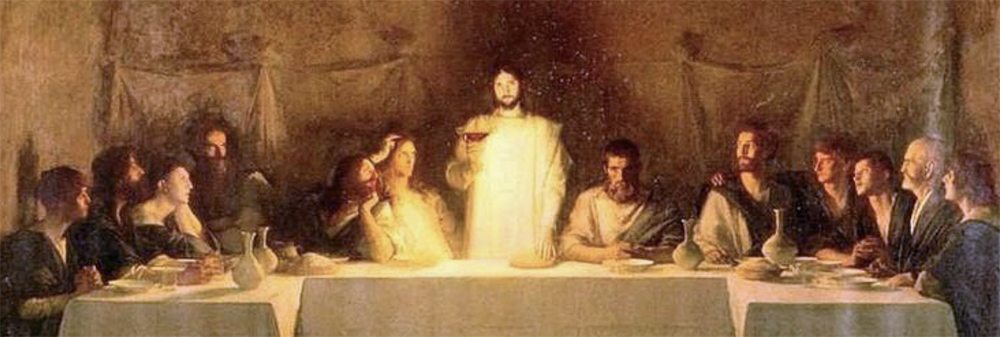
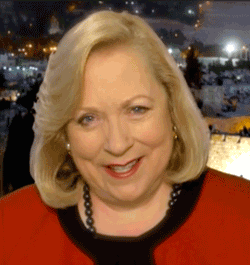
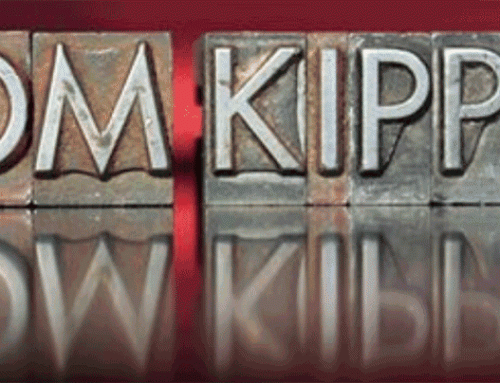

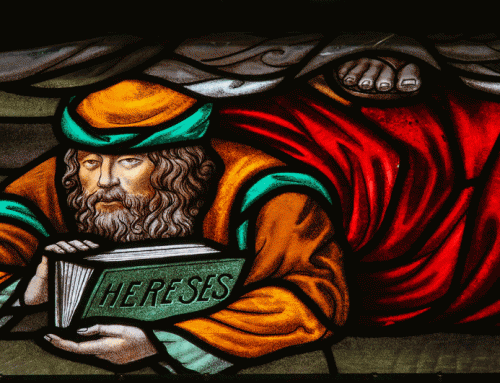
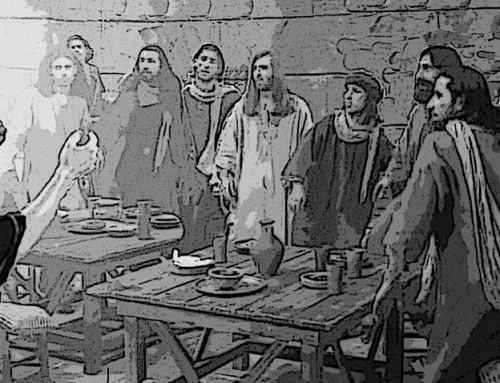
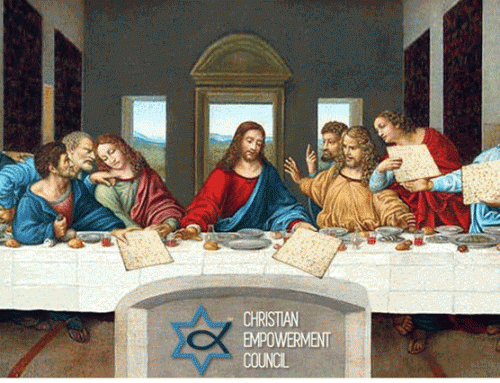
so desired to go to a Passover Seder! none around in this area.. was asking about one in another church, they did have one years ago! maybe the Marriage Supper of the Lamb is coming very soon, then my desire will soon be filled…isn’t that something! the essence of timing!! 🙂 thank-you for this posting! Blessings to you all! 🙂